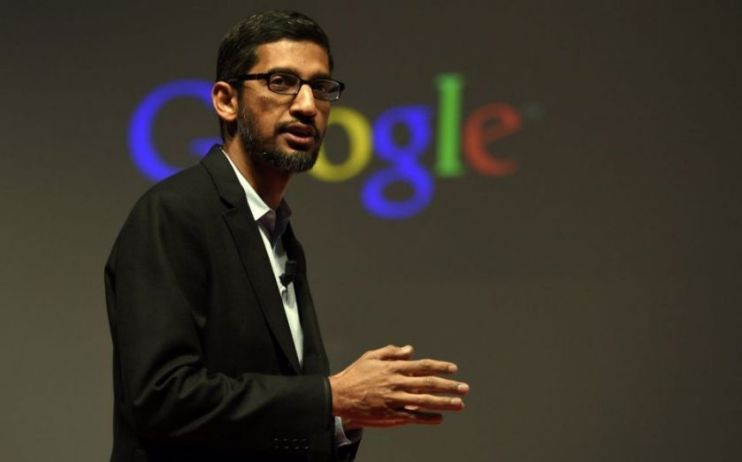How AI is proving a virtual nightmare for Google boss who admits having ‘sleepless nights’

Google chief executive Sundar Pichai said the rapid advancement of artificial intelligence keeps him awake at night as he admitted society is not fully prepared for its advancement.
In an interview with CBS’s Scott Pelley for the “60 minutes” programme, which aired on Sunday, Pichai said the technology could be harmful if it is not used correctly.
“It can be very harmful if deployed wrongly, we don’t have all the answers there yet and the technology is moving fast, so does that keep me up at night? Absolutely,” he told the US broadcaster.
Pichai also called for greater governmental scrutiny of the technology, similar to the frameworks for regulating nuclear arms globally.
The chief executive admitted that he did not fully understand the technology but added that it would impact “every product across every company.”
Pichai’s comments come despite Google’s recent launch of its own AI chatbot, Bard, following the success of Microsoft-backed ChatGPT.
Asked whether he thought Bard was safe for society, Pichai said: “The way we have launched it today, as an experiment in a limited way, I think so. But we all have to be responsible in each step along the way.”
He added that advanced versions of Bard would undergo further testing.
The UK-based AI laboratory, DeepMind, was also acquired by Google in 2014. Most recently, the New York Times reported that Google is working on a search engine powered by AI.
Asked whether he felt AI technology could contribute towards the rise of disinformation, Pichai said: “It will be possible with AI to create, you know, a video easily. Where it could be Scott [Pelley] saying something, or me saying something, and we never said that. And it could look accurate. But you know, on a societal scale, you know, it can cause a lot of harm.”
He added that he was “optimistic” people had started to express concerns about the technology, but warned that people were not fully prepared for its advancement.
“The pace at which we can think and adapt as societal institutions, compared to the pace at which the technology’s evolving, there seems to be a mismatch,” he said.